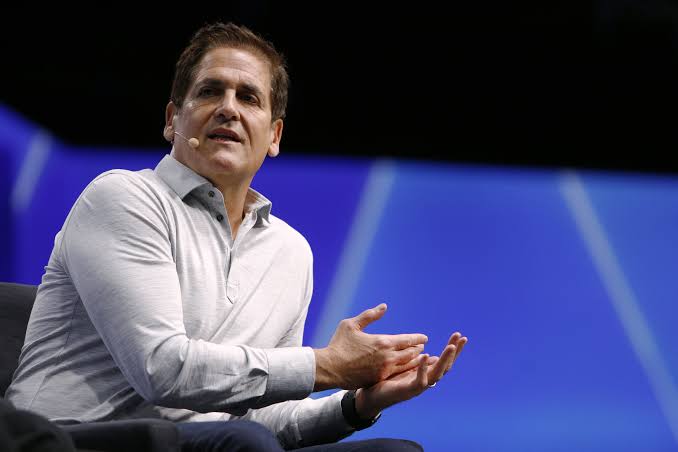In a recent interview, billionaire investor and entrepreneur Mark Cuban stated that he has “a lot of” Ethereum ($ETH) and Polygon ($MATIC).

Cuban is the primary owner of the Dallas Mavericks professional basketball team and one of the “sharks” on the popular reality show “Shark Tank” (which is aired on the ABC television network).
Cuban stated in an interview in The North American Bitcoin Conference with Crypto Banter that while Bitcoin is a “great store of value,” he has significant investments in Ethereum and Polygon owing to their usability and compelling use cases.
According to The Daily Hodl, Cuban stated: “Bitcoin’s a great store of value, but Ethereum and Polygon that I both own a lot of, you can start to see the utility.”
Polygon has risen as a hero in the face of Ethereum’s problems and the lack of a viable alternative. Polygon may now use Ethereum for transaction verification for a fraction of the cost thanks to an innovative, one-of-a-kind Layer-2 solution developed by this India-based blockchain platform.
Both of these platforms, according to Cuban, are profiting from the increased amount of applications produced on their networks. He mentioned that ETH 2.0 could help with Ethereum’s current gas fee issue, and that Polygon has “done a great job.”
The billionaire also claimed that he is looking for the next great thing in crypto in the form of an app that will appeal to a wider audience.
Polygon MATIC is a scaling platform for Ethereum-based blockchains that allows them to communicate with one another. It’s also used to construct new Ethereum blockchains for businesses and institutions that need decentralized payment systems. Because one of its key purposes is to foster a multichain Ethereum ecosystem, the network calls itself “Ethereum’s internet of blockchains.”
Polygon was one of the best-performing stocks in 2021, rising from $0.01 on January 1, 2021, to $2.92 on December 27. The crypto community has been buzzing about Polygon.
Polygon has a bright future ahead of it, with growing adoption and development both in the short and long term as the network and ecosystem expands, attracting more institutional players.